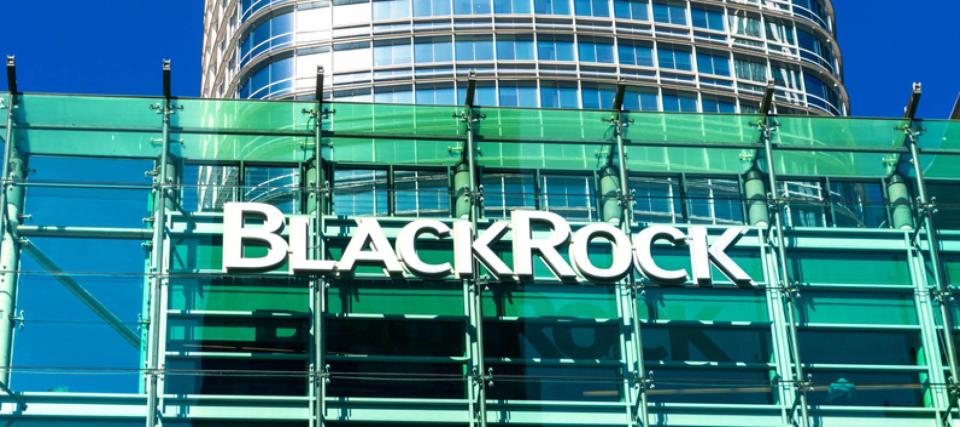BlackRock has a ‘worsening macro outlook’ and sees little chance of a perfect economic scenario — but it likes these 3 pockets of value in the market

The Fed raised its benchmark interest rate by 0.5% to fight inflation, marking its biggest increase in more than two decades.
Since the rate hike announcement, the S&P 500 has slipped about 7%, bringing its year-to-date loss to 18%. And asset management giant BlackRock doesn’t expect a rebound anytime soon.
“We nudge down risk on a worsening macro outlook: the commodities price shock and a growth slowdown in China,” writes Jean Boivin, head of BlackRock Investment Institute in a recent note to investors. “We also see little chance of a perfect economic scenario of low inflation and growth humming along.”
That said, the leading asset manager points out that the recent sell-off has “restored some value in pockets of the market.”
Here’s a look at each one of them.
Sign up for our MoneyWise newsletter to receive a steady flow of actionable ideas from Wall Street’s top firms.
European government bonds
With Russia’s invasion of Ukraine, Europe is a tricky place to invest in nowadays. But that hasn’t stopped BlackRock from liking one particular asset class in the region: government bonds.
“We have warmed up to European government bonds because we believe market expectations of rate hikes by the European Central Bank (ECB) are too hawkish,” Boivin says.
He notes that the energy shock due to the Russia-Ukraine war will be “hitting Europe hard.” And according to Boivin, the ECB won’t be in a rush to bring interest rates up.
BlackRock is upgrading European government bonds to neutral.
Investment grade credit
BlackRock is also upgrading investment-grade credit debt to neutral.
Not all bonds are the same. Some borrowers are more likely to repay their debt than others. When a bond receives an investment-grade rating, it means it has a relatively low risk of default.
“We are seeing some value in IG credit as annual coupon income is nearing 4%. That’s the highest in a decade,” says Boivin.
These days, it’s easy to get exposure to investment-grade credit. For instance, the iShares iBoxx $ Investment Grade Corporate Bond ETF (LQD) gives investors access to more than 1,000 high-quality corporate bonds in a single fund.
U.S. and Japan equities
Stock markets around the world are having a rough time in 2022, but BlackRock is not bailing out completely. In this environment, BlackRock prefers developed market stocks to emerging market equities, highlighting two countries in particular.
“Overall, we remain overweight equities, with a preference for U.S. and Japanese stocks, and underweight U.S. Treasuries,” Boivin writes.
There are plenty of ways to invest in the U.S. stock market. You can pick individual stocks yourself. Or, you can gain exposure to groups of stocks using ETFs.
If you simply want to track the S&P 500 Index, consider low-cost funds like the Vanguard S&P 500 ETF (VOO) or the iShares Core S&P 500 ETF (IVV).
For those who want to invest in specific sectors of the stock market, names like the Financial Select Sector SPDR Fund (XLF) or the Energy Select Sector SPDR Fund (XLE) will do the trick.
ETFs allow you to invest in Japanese equities as well. The iShares MSCI Japan ETF (EWJ) provides exposure to large and mid-sized companies in Japan. Meanwhile, the WisdomTree Japan Hedged Equity Fund (DXJ) lets investors access the country’s stock market while also hedging against exchange rate fluctuations.
Sign up for our MoneyWise newsletter to receive a steady flow of actionable ideas from Wall Street’s top firms.
More from MoneyWise
This article provides information only and should not be construed as advice. It is provided without warranty of any kind.




